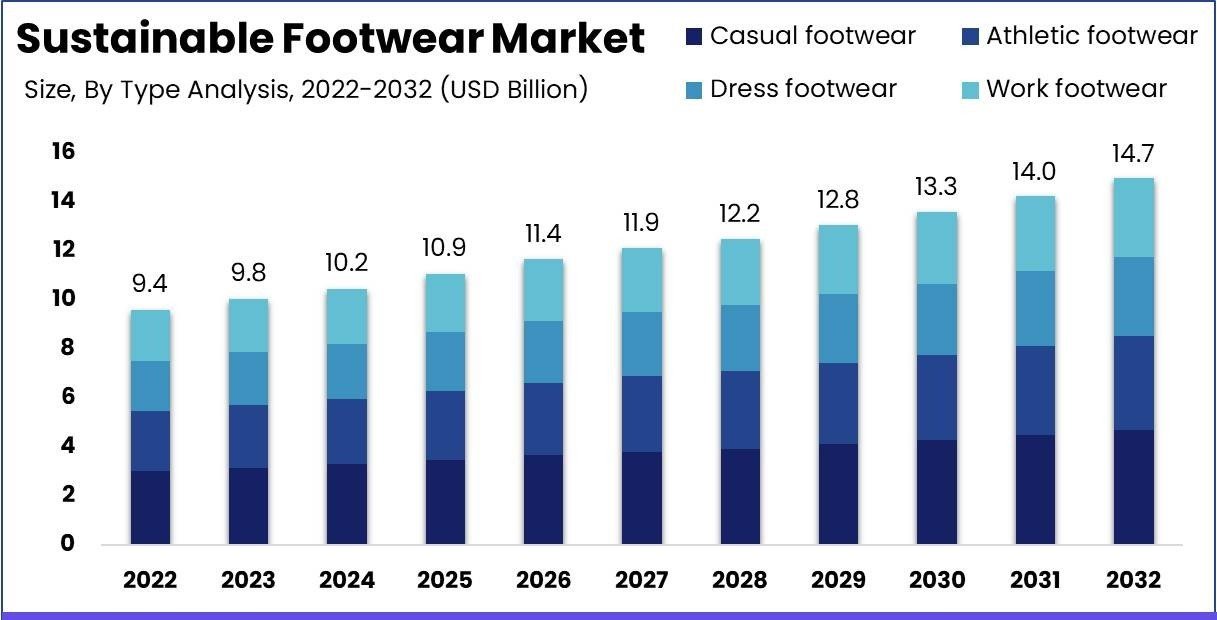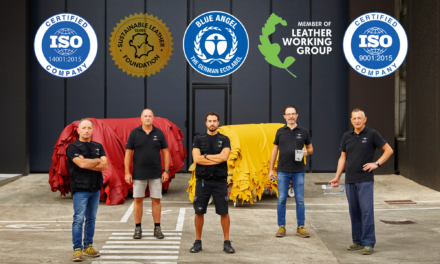The footwear industry is increasingly addressing sustainability and ethical practices in response to growing consumer awareness and demand. Here’s a look at some of the key initiatives:
Sustainable Materials:
- Recycled Materials: Many brands are incorporating recycled materials like plastic bottles, rubber, and polyester into their footwear.
- Plant-Based Alternatives: Innovative materials derived from plants, such as pineapple leaves (Piñatex), mushrooms, and algae, are gaining traction as sustainable alternatives to leather.
- Organic and Natural Materials: Organic cotton, natural rubber, and other natural materials are favored for their reduced environmental impact.
Ethical Manufacturing:
- Fair Labor Practices: Brands are increasingly committed to ensuring fair wages, safe working conditions, and ethical treatment of workers throughout their supply chains.
- Transparency: Many companies are transparent about their sourcing and manufacturing processes, allowing consumers to make informed choices.
- Certifications: Certifications like Fair Trade, B Corp, and the Global Organic Textile Standard (GOTS) provide assurance of ethical and sustainable practices.
Circular Economy:
- Product Durability: Designing footwear to last longer reduces the need for frequent replacements and minimizes waste.
- Repair and Recycling: Initiatives are underway to make footwear more repairable and recyclable, extending product lifecycles and diverting waste from landfills.
Innovation:
- 3D Printing: 3D printing technology allows for customized footwear production, reducing waste and material usage.
- Waterless Dyeing: Waterless dyeing techniques minimize water consumption and pollution.
Consumer Awareness:
- Education: Consumers are becoming more aware of the environmental and social impact of their footwear choices.
- Demand for Sustainable Products: Growing demand for sustainable footwear is driving innovation and change within the industry.
- Nike: Has made significant strides in sustainability, including the launch of the recyclable ISPA Link Axis shoe.
- Adidas: Focuses on recycled materials and innovative manufacturing processes.
The footwear industry is evolving towards a more sustainable and ethical future, driven by consumer demand and a growing commitment from brands. While challenges remain, these initiatives demonstrate a positive trend towards a more responsible and eco-conscious approach to footwear production and consumption.







